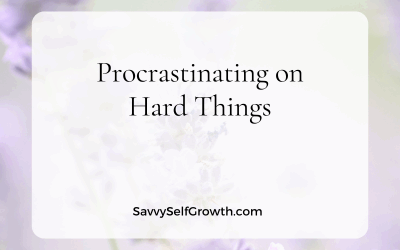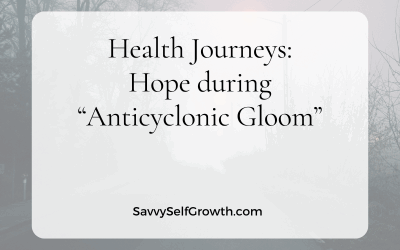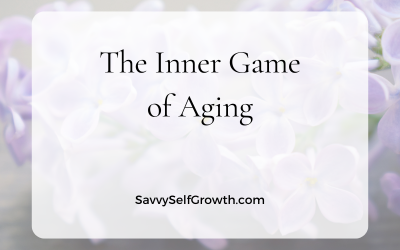 We don’t often get the chance to contemplate the fact that we’re not on earth forever. I’ve had a few reminders recently and all of them shook me a bit.
We don’t often get the chance to contemplate the fact that we’re not on earth forever. I’ve had a few reminders recently and all of them shook me a bit.
About 2 weeks ago, I heard from a dear author friend that she had a mini-stroke. She wrote up some beautiful insights about coming face to face with the possibility of her own death.
Then, a few days ago just before I left for art class, the sweet, beautiful kitty cat of a neighbour was run over by a visitor in our townhouse complex. That upset me for days and really brought home for me how fragile bodies are. Life is fragile and precious. Are we showing and telling our loved ones of our appreciation, while we and they are alive?
And then in my Power Hour yesterday, I was confronted with an exercise that had me think very deeply about the quality of my life.
What’s a Power Hour?
I’m working on implementing a healthy new habit to put self-care first. Those things that are important to me and fill my energy tanks, and not necessarily urgent. It’s called my Power Hour, which includes 20 minutes of reading an inspirational book, 20 minutes of meditation and 20 minutes of exercise. I start my day that way instead of diving into email or Facebook. I’m finding that when I start this way, I’m inspired and ready instead of anxious and overwhelmed!
The book I’m reading right now is The 7 Habits of Highly Effective People. It’s been on my book rack for years. When I completed Jack Canfield’s Success Principles in record time because of the scheduled reading time every morning, I finally dusted off 7 Habits and am grateful for many insights so far.
Monday I started reading the 2nd Habit – Begin with the End in Mind. My mind immediately thought “Oh, I know what he’s going to talk about” and boy, was I wrong. A mentor I’ve been working with calls it The Four Most Dangerous Words in the English Language: “I already know that“.
I’d like to share this exercise with you. It’s given me a lot of food for thought around how I invest my time and perhaps it’s valuable to you at this point in your life.
As a side note, that’s another valuable perspective I learnt from a different mentor. Stop talking in terms of ‘spending time’ or ‘spending money’. If we change it to ‘invest’, we think a lot more carefully about the time or money we’re about to part with. Investment implies we want a return on investment. Spending implies it’s gone forever. Lost, nothing gained.
Exercise to Determine the Important Things in Life
(Quoted from The 7 Habits of Highly Effective People, by Steven Covey)
Find a place where you can do this exercise in peace and quiet for at least 15 minutes.
“In your mind’s eye, see yourself going to the funeral of a loved one. Picture yourself driving to the funeral parlor or chapel, parking the car, and getting out. As you walk inside the building, you notice the flowers, the soft organ music. You see the faces of friends and family you pass along the way. You feel the shared sorrow of losing, the joy of having known, that radiates from the hearts of the people there.
As you walk down to the front of the room and look inside the casket, you suddenly come face to face with yourself. This is your funeral, three years from today. All these people have come to honor you, to express feelings of love and appreciation for your life.
As you take a seat and wait for the services to begin, you look at the program in your hand. There are to be four speakers. The first is from your family, immediate and also extended – children, brothers, sisters, nephews, nieces, aunts, uncles, cousins and grandparents who have come from all over the country to atned. The second speaker is one of your friends, someone who can give a sense of what you were as a person. The third speaker is from your work or profession. And the fourth is from your church or some community organization where you’ve been involved in service.
Now think deeply. What would you like each of these speakers to say about you and your life? What kind of husband, wife, father, or mother would you like their words to reflect? What kind of son or daughter or cousin? What kind of friend? What kind of working associate?
What character would you like them to have seen in you? What contributions, what achievements would you want them to remember? Look carefully at the people around you. What difference would you like to have made in their lives?
Take a few minutes to jot down your impressions.”
So What – What’s Next?
Now that you know how you’d like to be remembered, the next step is to start putting in place ways to create that.
Briefly, Covey recommends noting down the roles you want to play/are playing already, and then defining clear goals for each of the roles. He also recommends writing a ‘mission’ statement for your own life, derived from the former. “You can review your roles frequently to make sure that you don’t get totally absorbed by one role to the exclusion of others that are equally or even more important in your life.” (p 137) That is how we create balance in our lives – by being aware of all the different areas where our energy, attention and time need to be distributed.
For instance:
- Friend. Goal: be a support to my closest friend who is going through a tough time. Have a coffee date once a week with one of my close friends.
- Coach. Goal: be a clear channel when I coach and ask more questions than provide answers.
- Wife. Goal: be a supporter, champion, fun friend and companion, take menial tasks off hubby’s shoulders so he can be a relaxed leader at work.
- Breadwinner. Goal: earn a specific, measurable income so I can provide a good life for my family and exercise self-care so that I am able to do this for a long time to come.
When we set our goals this way, they are sure to be in alignment with the truly important things in our lives. Then, goals are fun, easier and filled with enjoyment.
Sometimes we get an idea for a goal that sounds GREAT at the time because someone else has achieved it. If a goal is not in alignment with our core values, though, it will create stress, effort and not much motivation to go in the direction of that goal.
What are your thoughts about this exercise? Was it valuable to help you see what you really value in life? Let me know in the comments below!




